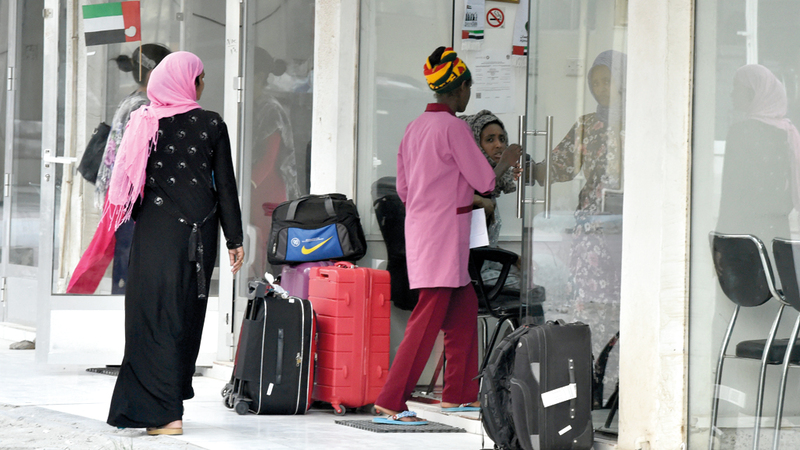Indian women migrant workers in the Middle East and North Africa (MENA) region are expected to reach 6 million in 2-3 years. Due to the loosening of labour restrictions regarding women in the region, for example, the removal of restrictions on work during night hours, there has already been a 23% growth in demand for women migrant workers in the “hospitality and construction industries” in 2023, compared to the previous year.
However, it is important to note that 70% of the women migrant labour force in the MENA region is comprised of domestic workers, many of whom have reported human rights abuses.
More specifically, many female migrant domestic workers in the United Arab Emirates (UAE) have suffered various forms of abuse, including passport confiscation, physical and sexual abuse, excessive working hours without breaks or days off, denial of wages, inadequate living conditions, and restriction of movement and communication. These abuses infringe upon several laws and human rights standards, including prohibitions against forced labour, restrictions on freedom of association and collective bargaining, rights to fair working conditions, protection against discrimination, and access to justice and remedies.
The kafala law (labour law) allows these abuses, the UAE’s visa sponsorship ties workers to individual employers, granting employers significant power over employees often leading to exploitation. Additionally, domestic workers lack legal protections under UAE labour law, especially due to their status of working in private homes, they are excluded from labour protection laws.
Despite reforms to some aspects of the kafala system, domestic workers continue to face challenges in accessing justice and protection. The UAE government’s failure to address these abuses violates international human rights and labour laws, including the International Labour Organization’s conventions on domestic workers and forced labour. Urgent action is needed to ratify key international treaties, reform labour laws, and provide effective protection for domestic workers in the UAE.
Due to the loosening of labour laws for women, the expected increase in demand for women migrant workers is around 71% for the next 2-3 years. Therefore, without necessary reforms of respective MENA region countries’ labour systems, the expected increase in demand for women migrant workers increases the potential for further exploitation, raising grave human rights concerns, and urging immediate action to protect them.





